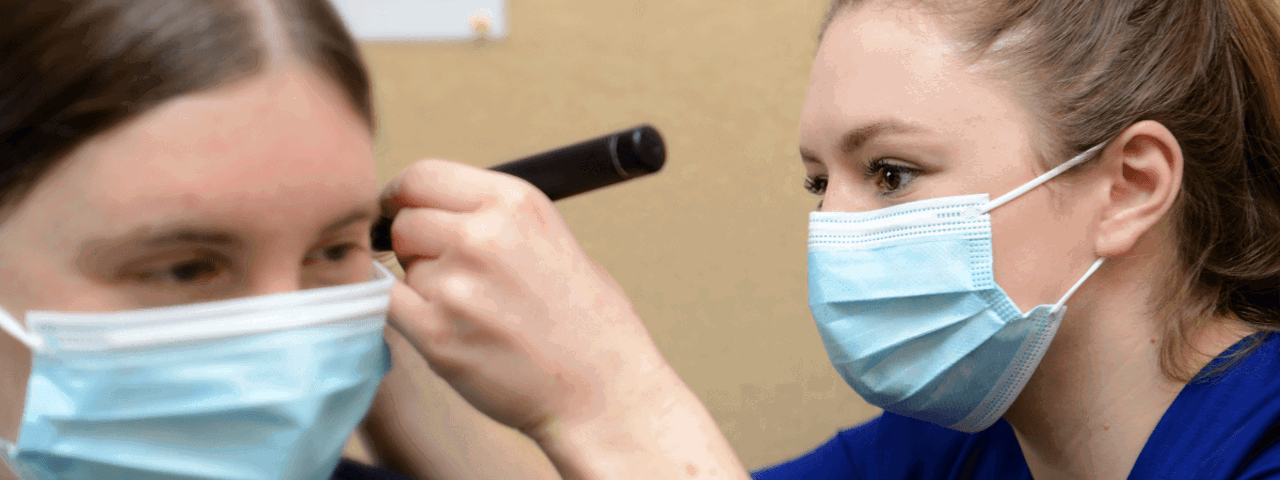Related locations

Balance and Vestibular Rehabilitation
Balance Services
The initial appointment with the balance team is typically held over the phone or video call and lasts approximately one hour. Your audiologist will take a full clinical history, discussing your symptoms, general health and medical history. It can sometimes be useful to create a 'symptom timeline' or keep a diary of when, where and for how long you experience your symptoms. This can help your audiologist get a full, clear picture of what you are experiencing.
At the end of this initial appointment, your audiologist will develop the most appropriate management plan with you. This may include arranging formal balance testing.
Testing appointment:
If formal balance testing is deemed appropriate, your appointment will take place at Townlands Memorial hospital (Henley-on-Thames) and will last approximately one hour.
Your audiologist will complete an assessment of your balance (vestibular) system, and in some cases more specific tests may be performed.
We do recommend you arrange for someone to accompany you home after the appointment, as it would be sensible for you not to drive yourself home.
We would advise that you try and avoid wearing makeup (especially eye makeup) to your appointment as it can interfere with some of the testing, and we may ask you to remove it.
Finally, please do not consume any alcohol or recreational drugs or take any of the below balance medication for 48 hours prior to the appointment as this may affect the test results:
- Prochlorperizine (also called Stemetil or Buccastem)
- Cinnarizine (also called Stugeron or Stugeron Forte)
- Cyclizine (also called Valoid)
Vestibular Rehabilitation
A vestibular rehabilitation (VR) appointment may have been arranged for you if, after a balance (vestibular) assessment, the clinician felt that you might benefit from vestibular rehabilitation exercises. During your VR appointment the clinician will explain key balance mechanisms and develop an individualised exercise routine with you.
Your balance system is very sophisticated, and in order for you to stay balanced, your brain needs information from three sources:
- The balance organs in your ears (vestibular information)
- Your eyes (visual information)
- The sensors in your joints and muscles (proprioceptive information)
Your brain combines all of this information so that it can work out where your head and body are in relation to your surroundings, and to help you move around safety by controlling eye and body movements.
It is important that all of these inputs agree. If any are disrupted or missing, for example if one of your balance organs is not working as well as the other one, then you may feel dizzy or imbalanced.
The brain is very good at readjusting to problems with your balance over time, and vestibular rehabilitation exercises are designed to speed up the process of recovery.
